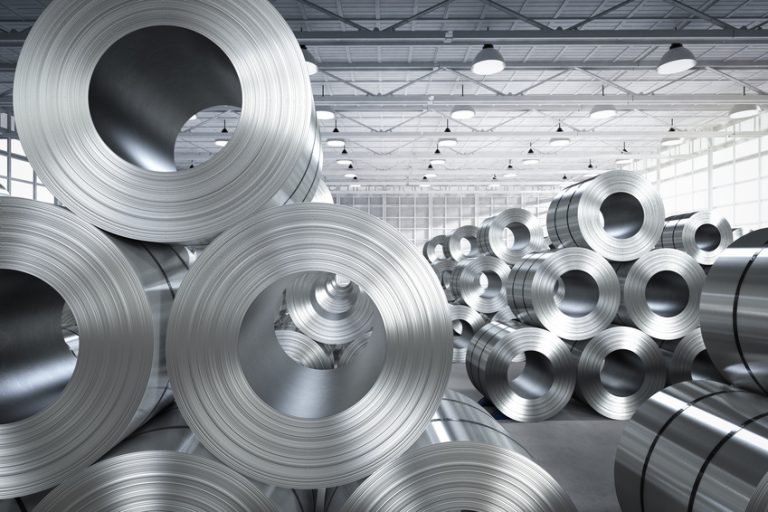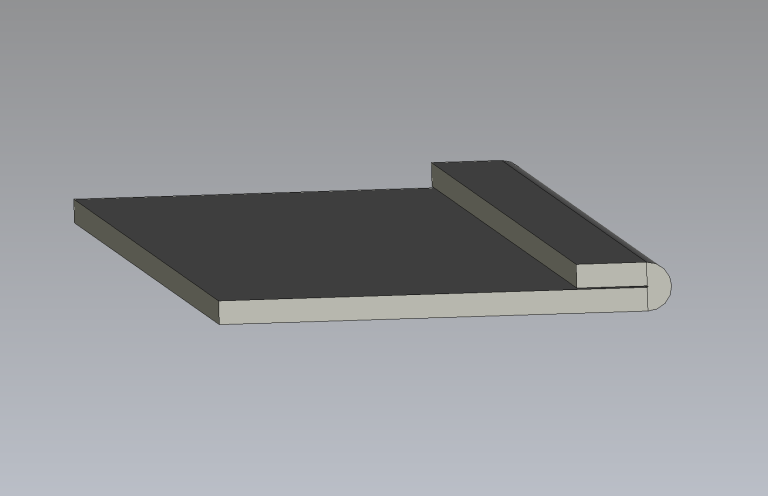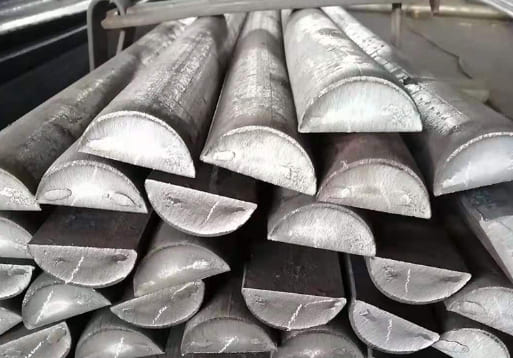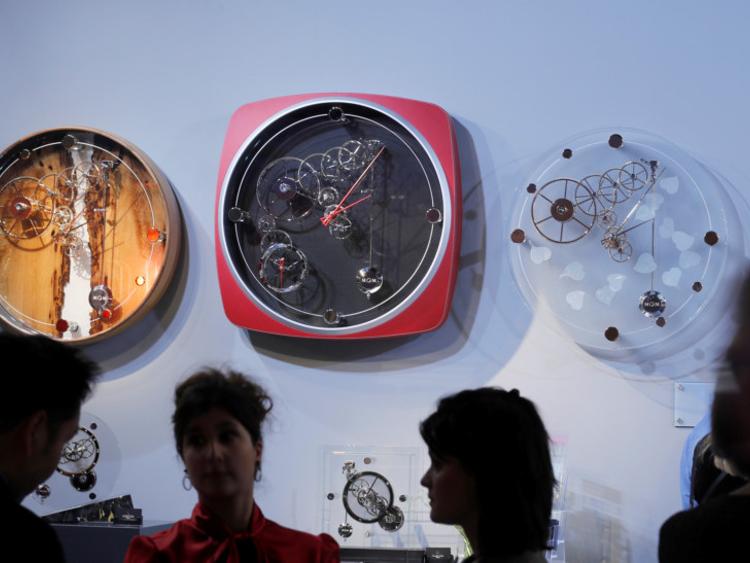Are Combined Washer-Dryers a Good Purchase | Fantastic Services Blog
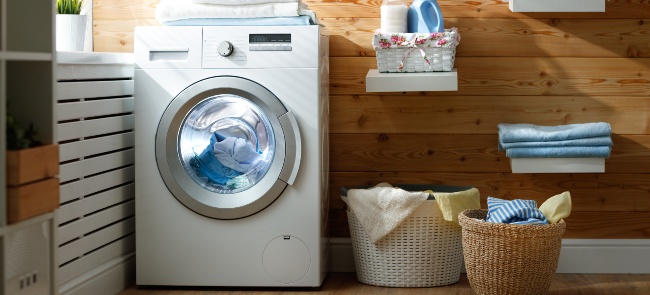
Having a dryer at home can bring a lot of benefits when it comes to finishing your daily laundry tasks. If you own a dryer, you can easily transfer washed clothes and enjoy them freshly dried in no time. But not all of us can fit two large appliances.
A washer-dryer can be a perfect solution for those who don’t have space or simply don’t do washing that often. This appliance combines all the characteristics of both a washing machine and a dryer, making it more convenient for smaller households. However, before opting for a washer-dryer, you should realistically assess all the pros and cons of the two-in-one appliance.
So, if you:
- Are an owner of a small household;
- Are considering to purchase a washer-dryer;
- Have ever wondered if washer-dryers are any good.
Then keep on reading! In this post, we’ll break apart the work of a washer-dryer, the pros and cons of the combo appliance, and how good washer-dryers are.
How do washer-dryers work?
Just like the name suggests, a combo washer-dryer represents a single appliance that unites both properties of a front-load washing machine and a tumble dryer. It’s designed to handle various washing cycles for different types of clothes and garments, as well as dry them. Additionally, both washing and drying cycles can be used individually.
Like in any washing machine, washing cycles represent a sequence of phases, different in time, speed, and temperature. Once you load the appliance with clothes, it is filled with water to a certain level, which is then mixed with a detergent. When the washing is done, the clothes are spun, rinsed, and spun all over again.
It is the drying feature that makes washer-dryer a more complicated appliance than a regular washer. The dryer produces heat for drying by picking up air from the surrounding area and cooling and filtering the moist air after washing. Depending on the type of system you have, it might require some additional installation work.
Are washer-dryers condensers or vented?
So, what systems of washer-dryers are there?
You might have heard that there are several types of dryers, depending on the methods they use to dispose of the hot dump air – condenser, vented, and heat pump. Being a popular choice among smaller property owners, the majority of the washer-dryers are designed to trap the condensation inside the appliance or dispose of it through a pipe. However, the vented options aren’t rare.
A vented washer-dryer can be quite familiar in use for those who used to have an ordinary converted dryer. Just like a vented dryer, the all-in-one appliance will have an air-disposal vent that exhausts the dump air. Dryer vent installation, in most cases, requires drilling a big hole through a wall, therefore we recommend getting the job done by professionals.
A condenser washer-dryer, on the opposite side, reuses the hot air by cooling, filtering and reusing it several times along the drying cycle. When the drying cycle is on, a condensing chamber in the ventless washer-dryer cools down the air inside, and extracts the excess moisture out of it, by turning it into condensation. The condensation is then sent away through the drainage tube. If you don’t have the drainage installed, then the water is sent to a water tank that needs to be regularly emptied. The dry, hot air then goes back to the drum to continue drying.
The element responsible for cooling and condensing the air is a heat exchanger. It picks up some of the thermal energy from the hot air, cools it down and disposes of the condensation that is formed as a result. Unlike standalone condenser dryers that use surrounding air as a coolant, the heat exchanger uses water instead.
There are a lot of debates on whether a condenser dryer is better than a vented one. To read more on the topic, check out the Condenser Dryer vs. Vented Dryer post where we discuss the pros and cons of both.
When deciding between a vented or condenser washer-dryer, you should always choose the option that best matches your needs. Both of the machines have their advantages and disadvantages, which brings us to…
The pros and cons of the washer-dryer combo
Pros
- Saves up space. The all-in-one appliance combines the properties of both a washer and a tumble dryer, making it space-saving. This machine will be ideal for those who have limited space. Ventless versions are even more flexible with positioning, as they don’t require an outside vent;
- Saves money. A standalone appliance is significantly cheaper to purchase than a separate washer and a dryer. Additionally, the running costs of a washer-dryer are not less than the running costs of two appliances.
- Washing performance. Washing capacity and quality is not any different from an equivalent washing machine.
- No manual intervention between washing and drying. You don’t need to unload your washer before putting the wet clothes in the dryer.
- Washer-dryer can dry and wash independently. If you have delicate clothes that can’t be dried with hot air, you can always use only the washing settings and vice versa.
Cons
- Doing laundry can become time-consuming. Unfortunately, if you set the machine for both washing and drying, you will need to wait for the machine to finish before you can load the next batch of clothes. Using a standalone washer and a dryer simultaneously will take less of your time.
- Can be bulky. The majority of washer-dryers are bigger in comparison to a regular washing machine. This is something that you should consider if you plan to fit it under a counter.
- Washer-dryers dry clothes slower. In comparison to a tumble dryer, a washer-dryer takes more time to dry clothes. Additionally, the capacity of clothes that can be dried is less than the washing capacity.
- Consumes too much water. Apart from using water for washing, the washer-dryer models use water to dry too. The heat exchanger of washer-dryers uses a significant amount of water when operating.
- Known to break. Washer-dryers are complicated machines with a lot of components inside. If you ever wondered “are washer-dryers reliable?”, then you should know that they are known to be the least reliable appliance of all the standalone units. However, with each year, the reliability is improving.
Washer-dryer vs. separate washing machine and tumble dryer
It all comes down to your household’s preferences. To choose between a washer-dryer combo vs separate appliances, you should consider the following:
Convenience
Each appliance has a designated function. Have you ever noticed that the drum of a tumble dryer is larger than that of a washing machine? The reason behind this is the mechanics that washing and drying processes have. When the clothes are washed, the drum movement throws the clothes into the soapy water, removing the dirt off the clothes. The size of the washing machine is designed exactly for that purpose, whereas tumble dryer drums have more room, so the hot air can move freely in-between the clothes, while the drum spins.
Even though the washing properties of a washer-dryer are comparable to a regular washing machine, the drying capacity is significantly reduced. The hot air movement needs to be distributed evenly or, otherwise, the clothes will not dry properly.
Apart from that, washer-dryers are quite convenient for households that don’t have piles of clothes to dry or are tight on space.
Purchase and running costs
Buying two separate appliances can be pricey. An average price for a washing machine and tumble dryer setup is roughly £600, while you can find a washer-dryer at a price as low as £300. The high-end models, however, can cost up to £1500. And yet it is not guaranteed that an expensive washer-dryer will perform better than two separate appliances.
When it comes to running costs, the energy costs of washer-dryers and separate appliances don’t vary much. The costs can spread from £60 a year with some models to £150 a year, depending on the energy rates of the appliances, and how often you plan to use the washer-dryer. Bear in mind that this estimation is based on a 3 times a week usage.
A significant difference between the individual appliances and the combo is the water consumption. Washer-dryers use water during the drying process, therefore, the drying cost can reach up to £100 annually. In comparison, the average drying cost of a heat-pump dryer is around £40 a year.
Performance
Just like any other washing machine, washer-dryers offer a wide range of features. You can easily find a suitable program for cotton, linen, delicate clothes, and even sportswear. Washing programs usually vary between 2 to 3 hours for cotton and 1,5 to 2 hours for synthetic clothes. Many machines come with the 30-minute quick wash option, too.
The drum capacity of washer-dryers varies between 4,5 to 7 kg for washing and 2,5 to 5 kg of dry weight for drying. For reference, 5 kg of clothes is equal to approximately 25 t-shirts.
If you look at the capacity of standalone tumble dryers, you can find models that can fit up to 13 kg of laundry. Whereas separate washing machines can have a capacity of 13 kg.
One very noticeable drawback of washer-dryers is the drying quality. Because the capacity doesn’t allow you to dry a full wash load, you will need to load the machine twice. Additionally, the drying time of the washer-dryers is higher than the drying time of a regular tumble dryer. Not only will you spend more time drying, but you’ll also potentially end up with higher bills.
More frequently asked questions about washer-dryers
Washer-dryer costs can be as low as £60 a year. However, by investing in an appliance with low running costs, you risk not having your clothes dried properly. A very common feature for those models is poor drying performance. Other than that, the average running costs for a washer-dryer is £120 a year.
When it comes to washing, a washer-dryer consumes the same amount of water as any other washing machine – 45 litres per cycle. However, washer-dryers additionally use water for cooling during the drying cycle, which can add up to 35 extra litres. Investing in a water-efficient washer-dryer can reduce your annual water consumption by almost twice.
The electricity usage of a typical washer-dryer combo on a full load costs around £380 annually, provided it is used 5 times a week. Heat-pump washer-dryers can aid to save up to 35% of electrical consumption.
The type of operations that washer-dryer combos do can be compared to the work of a dehumidifier. The moisture is extracted from the warm air and drained away as condensed water. This, however, doesn’t apply to vented units.
Vented washer-dryer units draw surrounding air and heat it. Once the air is humid enough, it is being extracted through a vent to the outside area or your house.
On average, an appliance unit can last between 8 to 12 years. Of course, regular cleaning and maintenance can extend the life of your washer-dryer.
{
“@context”: “https://schema.org”,
“@type”: “FAQPage”,
“mainEntity”: [
{
“@type”: “Question”,
“name”: “Are washer-dryers expensive to run?”,
“acceptedAnswer”: {
“@type”: “Answer”,
“text”: “Washer-dryer costs can be as low as £60 a year. However, by investing in an appliance with low running costs, you risk not having your clothes dried properly. A very common feature for those models is poor drying performance. Other than that, the average running costs for a washer-dryer is £120 a year.”
}
},
{
“@type”: “Question”,
“name”: “What is the washer-dryer water consumption?”,
“acceptedAnswer”: {
“@type”: “Answer”,
“text”: “When it comes to washing, a washer-dryer consumes the same amount of water as any other washing machine – 45 litres per cycle. However, washer-dryers additionally use water for cooling during the drying cycle, which can add up to 35 extra litres. Investing in a water-efficient washer-dryer can reduce your annual water consumption by almost twice.”
}
},
{
“@type”: “Question”,
“name”: “How much is the electricity usage of the washer-dryer combo?”,
“acceptedAnswer”: {
“@type”: “Answer”,
“text”: “The electricity usage of a typical washer-dryer combo on a full load costs around £380 annually, provided it is used 5 times a week. Heat-pump washer-dryers can aid to save up to 35% of electrical consumption.”
}
},
{
“@type”: “Question”,
“name”: “How do washer-dryers dry?”,
“acceptedAnswer”: {
“@type”: “Answer”,
“text”: “The type of operations that washer-dryer combos do can be compared to the work of a dehumidifier. The moisture is extracted from the warm air and drained away as condensed water. This, however, doesn’t apply to vented units.”
}
},
{
“@type”: “Question”,
“name”: “How do washer-dryers vent?”,
“acceptedAnswer”: {
“@type”: “Answer”,
“text”: “Vented washer-dryer units draw surrounding air and heat it. Once the air is humid enough, it is being extracted through a vent to the outside area or your house.”
}
},
{
“@type”: “Question”,
“name”: “How long do washer-dryers last?”,
“acceptedAnswer”: {
“@type”: “Answer”,
“text”: “On average, an appliance unit can last between 8 to 12 years. Of course, regular cleaning and maintenance can extend the life of your washer-dryer.”
}
}
]
}
Do you need professional help?
Let the specialists handle the job! Sometimes, appliances can stop working unexpectedly, however, it doesn’t necessarily mean that you need to buy new ones ASAP. Allow the experts that Fantastic Services works with to professionally diagnose the problem before you decide whether your washing machine or a tumble dryer needs replacement.
We can send you a team of fully equipped professionals who will perform an on-site inspection of the appliance and replace or repair any damaged parts right then and there. The service is easy to book, affordable, and, most importantly – time-saving! Don’t waste your money on a new appliance when you can repair your old one. Get your washing machine or tumble dryer repair today!
Need help with appliances repair?
Find a professional to take care of your property.

Takeaways
- Washer-dryers can be both condensers and vented, however, the condenser washer-dryers are more common;
- This appliance is quite convenient for those who don’t spare space for an extra appliance, making it perfect for 1-2-room properties;
- The washing quality of a washer-dryer is no worse than that of a washing machine. However, a regular dryer dries better than a washer-dryer;
- Water consumption of a washer-dryer is higher compared to a regular front-load washing machine, due to the cooling system of the heat exchanger;
- You shouldn’t expect a high load capacity from a washer-dryer, as they are usually intended for smaller households.
***
Did you find this guide helpful? Do you think a combined washer-dryer is the right choice for you? Share your thoughts with us in the comment section below.
